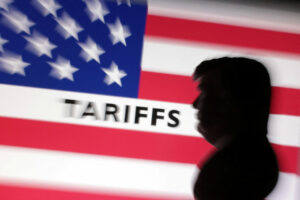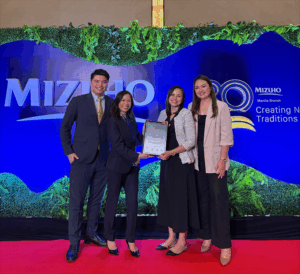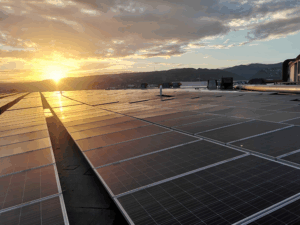By Aubrey Rose A. Inosante, Reporter
THE PHILIPPINE GOVERNMENT is anticipating up to P6 billion in foregone revenues following its decision to grant zero tariffs on selected US products imported into the country.
“Our initial estimate is something like P3 billion to P6 billion. It depends if everything is included,” Finance Secretary Ralph G. Recto told reporters on the sidelines of the Post-State of the Nation Address (SONA) briefing on Tuesday.
While there is no final deal yet, Mr. Recto said the foregone revenue estimate assumes that the Philippines will grant zero tariffs on select products such as automobiles, wheat, soy and pharmaceuticals.
US President Donald J. Trump announced a 19% tariff rate for goods from the Philippines after a meeting with President Ferdinand R. Marcos, Jr. in Washington. This was a slightly lower rate than the 20% that Mr. Trump threatened to impose, but higher than the 17% “reciprocal tariff” announced in April.
“We concluded our trade deal, whereby the Philippines is going open market with the United States, and zero tariffs,” Mr. Trump said.
Mr. Recto said zero tariffs on US wheat and pharmaceuticals would translate to lower prices for consumers.
“Ayaw ba natin ng murang pandesal? Walang tariff sa wheat. Pabor sa atin ’yun (Don’t we want cheaper pandesal? There’s no tariff on wheat. That’s favorable for us),” he said.
At the same time, Mr. Recto acknowledged that the Philippines’ exports to the US would be affected “initially” as a result of the 19% tariff.
“We have one of the lowest tariffs in the world… As a whole, we have a better deal than many other countries,” he said.
The Philippines’ new US tariff rate is now the same as Indonesia, and slightly lower than Vietnam’s 20%.
However, Mr. Trump said on Monday most trading partners that do not negotiate separate trade deals would soon face tariffs of 15% to 20% on their exports to the United States, well above the broad 10% tariff he imposed in April, Reuters reported.
Analysts said the foregone revenues from slashing tariffs on some US goods are “minimal.”
“Yes, the P3-billion to P6-billion revenue loss sounds minimal in the grand scheme, but it’s not just about numbers — it’s about positioning. The deal opens the door to cheaper US goods like medicine, feeds (soyabeans and wheat) and cars, which helps consumers and could ease inflation,” Jonathan L. Ravelas, a senior adviser at Reyes Tacandong & Co. said in a Viber message.
Mr. Ravelas said the government has to monitor if local industries “get squeezed” as a result of the deal.
“Bottom line: it’s favorable for now, but we must stay agile and protect domestic competitiveness,” he said.
Union Bank Chief Economist Ruben Carlo O. Asuncion said the foregone revenue is a “manageable trade-off,” noting the deal’s long-term benefits in investment, defense, and technology cooperation.
“More importantly, the deal preserves access for Philippine exporters to a key market and opens doors for deeper cooperation in investment, defense, and technology — contributing to the country’s long-term growth and resilience,” he said in a Viber message.
John Paolo R. Rivera, a senior research fellow at the Philippine Institute for Development Studies, said the key is to ensure the gains from improved market access translates to more jobs and export growth which would offset the foregone revenue.
“If this concession helped lower the tariff on our goods and safeguard export competitiveness, albeit within limited bargaining power, especially in key sectors like electronics and garments, then the trade-off can be deemed acceptable on such ground,” he said in a Viber message.
Meanwhile, Jose Enrique A. Africa, executive director at IBON Foundation, said the reduction in tariff revenues would slash public funds for essential services.
“We still don’t even know the full extent of what deal President Marcos Jr. struck with the US, and the government is being opaque about any other economic, political or military concessions it might have given,” he said.
“But if the grossly one-sided tariff deal is any indication, the ambiguity could very well be hiding something even worse. Which could be the reason for the deal’s conspicuous omission from the President’s SONA.”
IBON Foundation had earlier estimated foregone revenues to reach P3.97 billion as a result from the zero-tariff treatment on some US goods.






